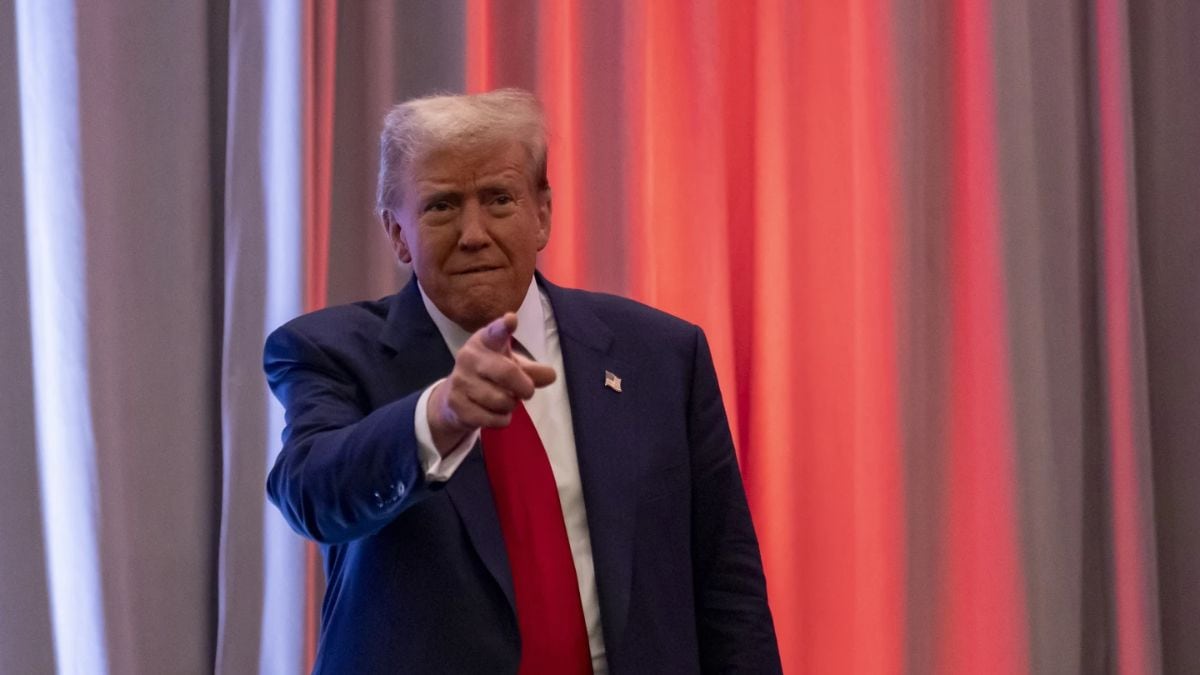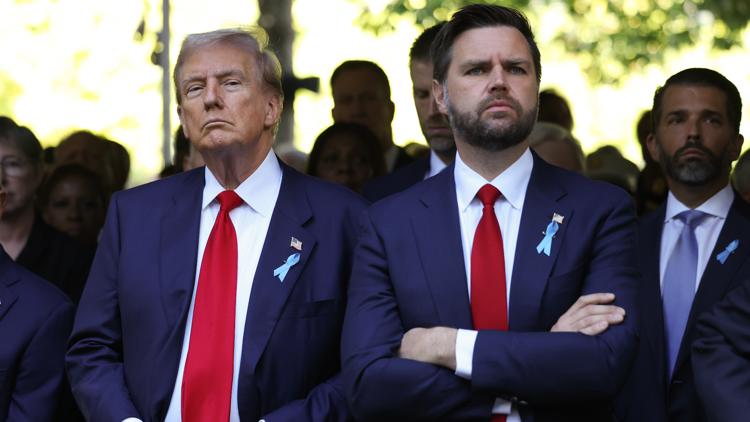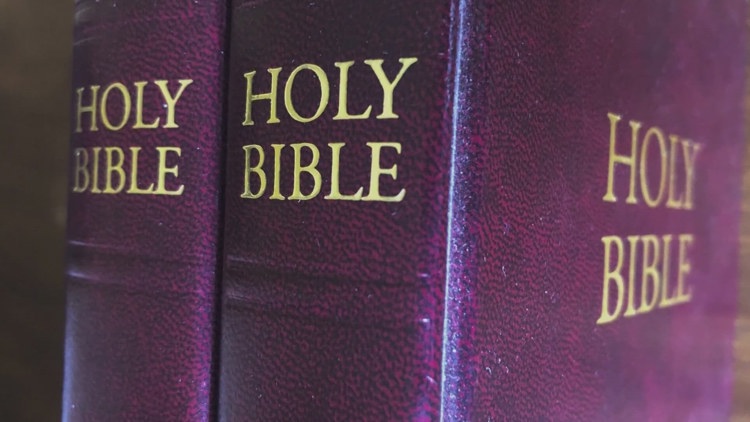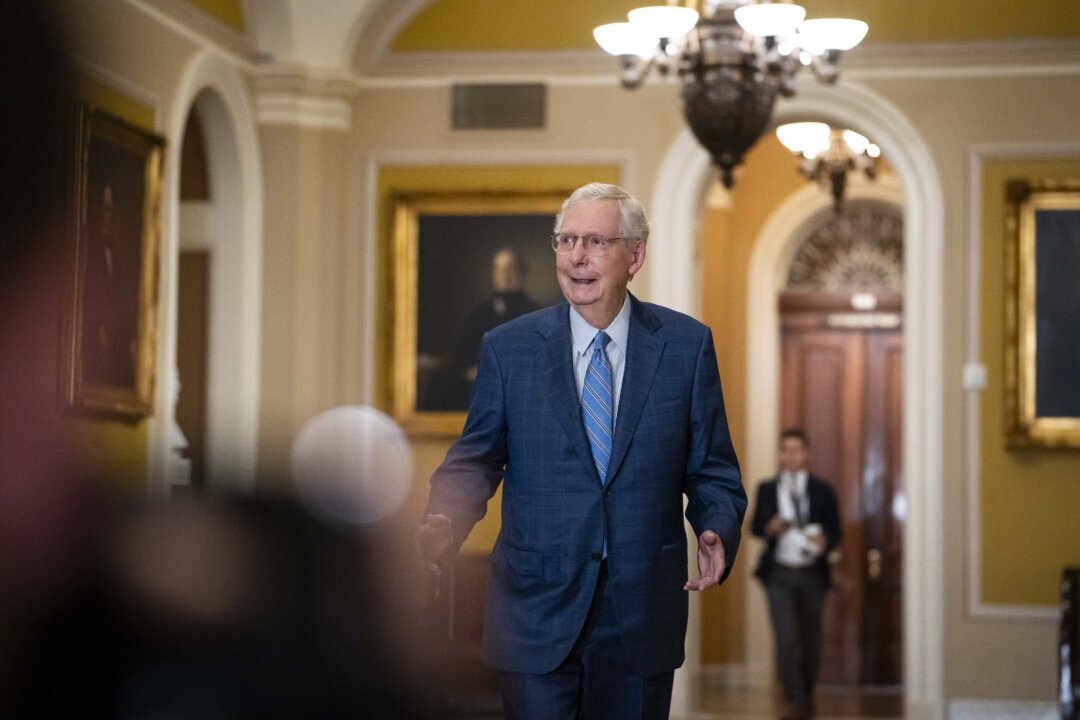
With an incoming Donald Trump administration currently in formation, Americans anticipate changes in foreign policy, new cabinet appointments including Secretary of State, and the long-awaited hardline approach to border issues and immigration. Former Immigration and Customs Enforcement (ICE) Director Tom Homan has been appointed “Border Czar” because of his uncompromising stance on immigration. Homan will be in charge of US borders, immigration, maritime, and aviation security.
Accomplishments in foreign policy were a significant facet of Trump’s first term as president. He could look to build on the successes and learn from the failures of his first term. His nationalist foreign policy saw the US renege on some multilateral agreements like the Trans-Pacific Partnership and the Paris Agreement while focusing on strengthening bilateral ties with many other nations.
Significant achievements of his first term include brokering the Abraham Accords and the Kosovo-Serbia economic normalisation agreement. The US fought a war against the terror organisation ISIS and eliminated its leader, Abu Bakr Al-Baghdadi. Under Trump’s first administration, the US also carried out a drone strike in Iraq to eliminate Iranian major general, Qasem Soleimani.
While the President-elect’s detractors called him an isolationist, his populist “America first” policy was appreciated by a majority of American citizens. Several Americans stated they were tired of their taxes being used to fund endless foreign wars and inutile treaties while their own ground realities of economy and lawlessness were disregarded. The US’ interventionist foreign policy has been widely regarded as disastrous for its citizens–and hopefully Trump understands this better.
The Arab Spring leading to the destabilisation of West Asia and the 2014 Maidan coup in Ukraine leading to the Russia-Ukraine conflict are examples of the USA’s reckless interventionism. Russian Ministry of Foreign Affairs spokesperson Maria Zakharova said that the new president would be well advised to focus on solving the US’ own problems and not pursue adventures many miles away from the US’s coast. The American deep state and the far-Left legacy media propagated the myth of Russian interference in US elections when they were unhappy with the outcome of an election.
US-backed NATO’s aggression was also cited as one of the main reasons for the ongoing conflict between Russia and Ukraine. The Kremlin was less enthusiastic about Trump’s victory, with their spokesperson Dmitry Peskov mentioning that while Trump made some notable comments about the ongoing Russia-Ukraine conflict, it remains to be seen whether Donald Trump keeps his word and helps resolve the conflict. US leaders expressing a willingness to mediate is not enough; the intention has to be backed with concrete steps.
However, Russian President Vladimir Putin called Trump a courageous man, referring to Donald Trump’s demeanour after the assassination attempt. President Putin also mentioned Russia was ready for dialogue after the election results were announced, signifying a possible thaw when the new administration is sworn in. JD Vance, the Vice President-elect who served in the US Marine Corps, has also been an opponent of sending aid to Ukraine and has mentioned that Ukraine should cede certain territory to Russia and end the conflict.
New National Security Advisor Mike Waltz also voted against sending more aid to Ukraine. Since 2022, the Biden administration has sent $175 billion to Ukraine. Kamala Harris also pledged an additional $1.
5 billion for Ukraine. The Biden administration has provided Ukraine with missiles and other arms and ammunition. Donald Trump and JD Vance recognise Ukraine as a money pit and have criticised the amount of aid being sent to Ukraine amidst the ongoing conflict between Russia and Ukraine.
Trump called Ukrainian President Zelenskyy the greatest salesman of all time. Zelenskyy, on the other hand, lauded President-elect Trump’s approach to global affairs and mentioned his hope for continued strong bipartisan support for Ukraine in the US. It is evident President Zelenskyy expects the US to continue sending Ukraine aid.
NATO Secretary General and former PM of the Netherlands, Mark Rutte, also congratulated Donald Trump and mentioned that Trump’s leadership is important to keep the NATO alliance strong. Donald Trump has been critical of some NATO allies, clashing with them over defence spending, and has called NATO obsolete in the past. Israel’s PM Benjamin Netanyahu and President Isaac Herzog posted on ‘X’, congratulating President-elect Trump.
Both the Israeli PM and Israeli President spoke to Trump shortly after his win and wished him and his administration success. The Israeli president emphasised the need to secure the return of Israeli hostages in Hamas captivity. On October 7th last year, Hamas attacked Israel, raped women, killed men, women, and children, and took many hostage.
While the Israeli Defence Forces were able to rescue some hostages, many are dead, and the status of others still in Hamas captivity is unknown. The Biden administration’s weak stance on Iran may have emboldened Iranian proxy Hezbollah, leading to further escalation of the crisis. During Trump’s first presidential term, the US withdrew from the Iran nuclear deal and increased sanctions against Iran.
He remains a staunch ally of Israel. His first tenure saw him brokering the Abraham Accords—bilateral agreements on Arab-Israeli normalisation that paved the way for a new era of peace and coexistence in the West Asian region. Key people who helped in negotiations were Jared Kushner and envoy Avi Berkowitz.
Israel, along with the UAE, Bahrain, Morocco, and Sudan, are co-signatories so far. With Trump’s return to the Oval Office, there is renewed hope that the Israel-Palestine crisis will come to an end and the hostages will be reunited with their families. The POTUS-elect plans to continue working towards promoting peace and stability in the Middle East.
Mike Huckabee, former governor of Arkansas, will be serving as US Ambassador to Israel. From the rest of West Asia, congratulatory messages poured in from rulers of the United Arab Emirates, Saudi Arabia, Oman, and Bahrain. The Arab leaders wished continued prosperity to the American people and expressed their desire for strengthening of ties with the United States and enhanced cooperation to achieve peace and stability in the Middle East and beyond.
Trump’s direct negotiating skills increase the likelihood of Saudi Arabia and Oman joining the Abraham Accords. While Canadian Prime Minister Justin Trudeau also congratulated President-elect Donald Trump, his administration floundered to articulate any joy in public. Minister of Foreign Affairs, Melanie Joly, was caught on camera talking about “managing” the new US President, a considerably undiplomatic stance.
Pro-Khalistani leader of the New Democratic Party, Jagmeet Singh, a former coalition partner of the current Canadian government, posted a sceptical message about the result of the US presidential elections and indulged in fear-mongering, stating that many Canadians woke up “worried”, “afraid”, and “crushed” and insinuated that Trump’s victory would affect Canadian jobs and the Canadian economy and that Canadians have to prepare for “the impact of potential terrorists”. It has been interesting to note a much later Trudeau-Trump phone call, whereas Indian PM Narendra Modi was one of the first to congratulate the new President. Modi congratulated Donald Trump on his victory and applauded the performance of the Republican Party.
At an event, India’s EAM S Jaishankar mentioned that PM Modi was also one of the first leaders to have a telephonic conversation with Donald Trump after the latter’s election victory. Trump will be attending the Quad summit in 2025 hosted by India. The POTUS-elect has expressed his appreciation for Indian PM Modi many times.
In a recent post on X, Donald Trump mentioned his conviviality with PM Narendra Modi and wished Hindus a Happy Diwali. While PM Modi and President-elect Trump share a bonhomie, both are tenacious and tough negotiators when it comes to tariffs and trade between the two countries. Under Trump’s first administration, India and US ties saw steadying.
In 2018, the two countries signed the communications and compatibility and security agreement. In 2020, the US and India signed a geospatial cooperation agreement that enhanced the Indian military’s weapons system. The two pacts reinforced the bilateral defense partnership.
On the other hand, Indo-Canadian ties have reached their nadir because of Trudeau’s reckless handling of Khalistani extremism and unsubstantiated allegations against Indian diplomats posted in Canada. President-elect Trump has not commented directly on the issue yet, so it remains to be seen whether his presidency would influence this issue. Ousted Bangladeshi former PM Sheikh Hasina also issued a statement extending her best wishes to Donald Trump and the American people.
Interestingly, her statement cited her as the current prime minister of her nation since she has not formally resigned her position despite being deposed in the recent coup. Bangladesh’s interim leader, Muhammad Yunus, also extended his felicitations to the US president-elect, but in 2016, Md Yunus voiced his profound disappointment when Donald Trump was elected POTUS. In 2019, a delegation from Bangladesh visited President Trump in Washington.
President Trump asked them about the “microfinance guy from Dhaka who donated to see me lose”, referring to Md Yunus, who donated money to the Democrats. While Md Yunus’ extolled Trump in his latest statement, it is unlikely that it would change Trump’s opinion about him. Recently, Donald Trump took to ‘X’ to condemn the barbaric violence against Hindus and other minorities in Bangladesh.
He pledged to support Hindu Americans and protect them from the radical left. Trump also criticised the Biden administration’s execrable handling of the matter. The first leader to congratulate President-elect Donald Trump was El Salvador’s president, Nayib Bukule.
El Salvador and the US are economic partners, and the US also collaborates with various organisations to provide education, job training, food assistance, and agricultural assistance to people in El Salvador. The US and El Salvador are also part of a trade agreement that facilitates investment and trade and reduces tariffs. Both countries have worked together to reduce illegal immigration to the US.
Hungary’s Prime Minister Viktor Orban was also amongst the first leaders to congratulate Donald Trump on his election victory. PM Orban deemed it a victory for the world. Trump has mentioned him in his speeches, commending Orban’s strict border control policy.
Argentinian President Javier Milei and Italian PM Giorgia Meloni were also amongst those to quickly congratulate Donald Trump on his victory. German Chancellor Olaf Scholz, French President Emmanuel Macron, British Prime Minister Keir Starmer, Norwegian PM Jonas Gahr Støre, and EU Commission President Ursula Von Der Leyen also extended their felicitations to President-elect Donald Trump. As the world turns tumultuously, Trump is being hailed as a steadying force.
It remains to be seen how much of it can be true as the Trump administration retakes the world stage in 2025. Anindita Sharma is an amateur student of geopolitics, foreign affairs, cultural diplomacy and Indian affairs. She is a columnist on such matters of interest and is quickly gathering bylines in Indian publications.
Views expressed in the above piece are personal and solely those of the author. They do not necessarily reflect Firstpost’s views..














